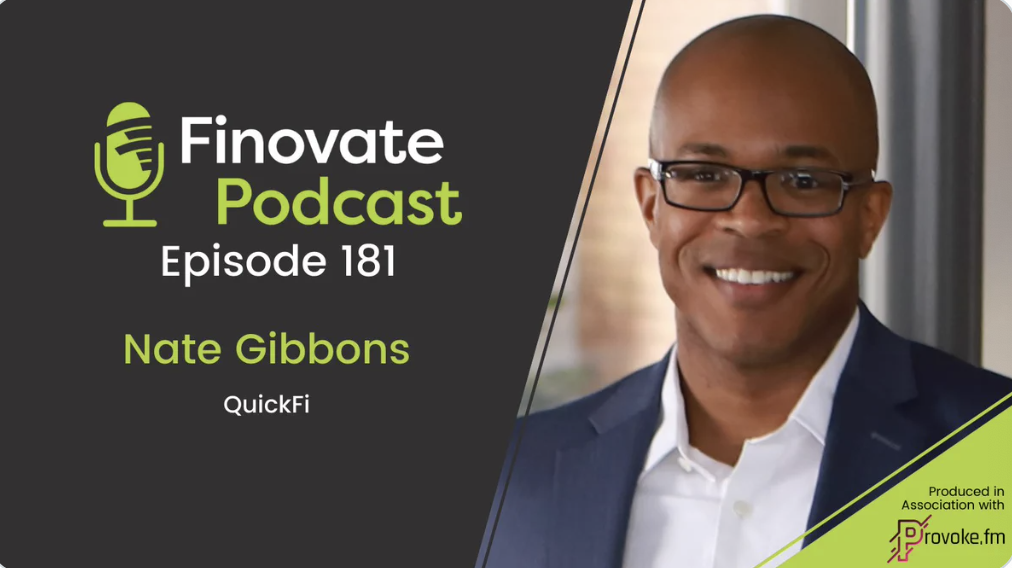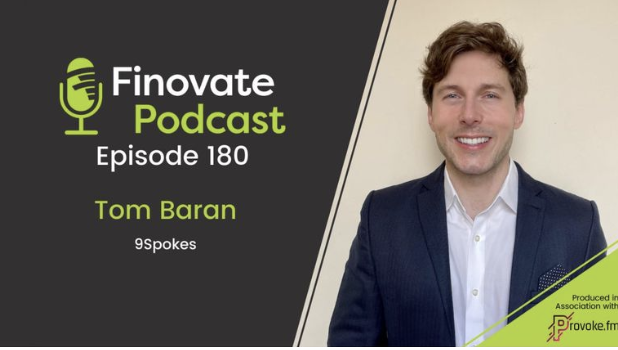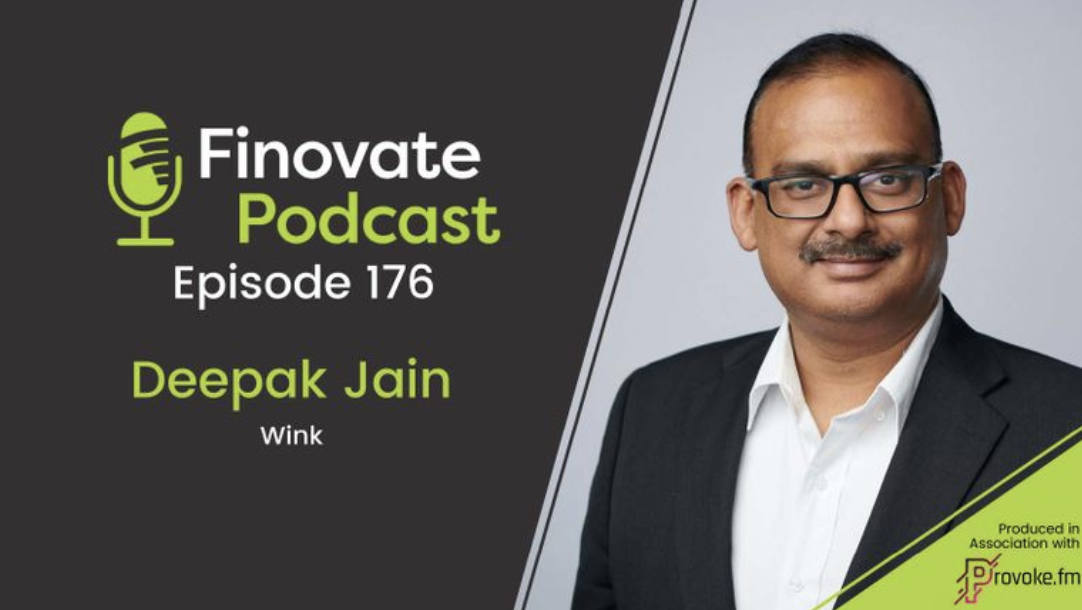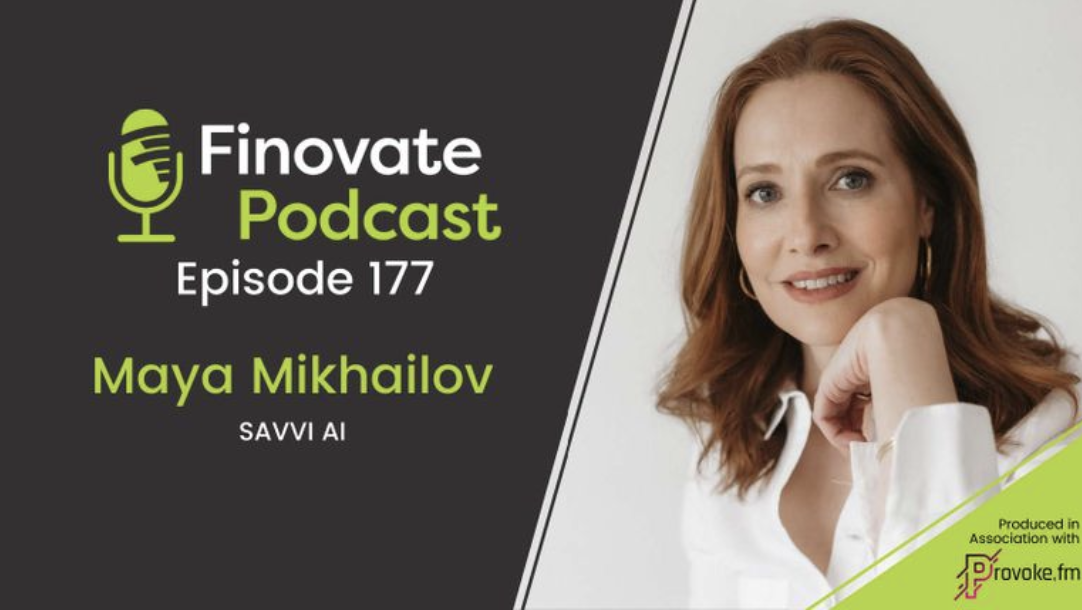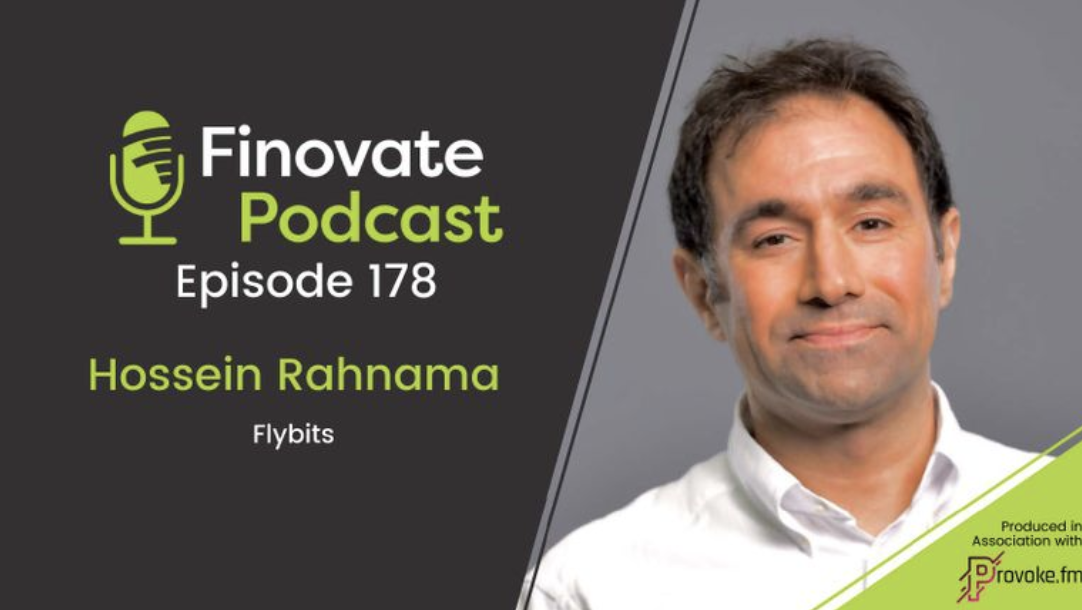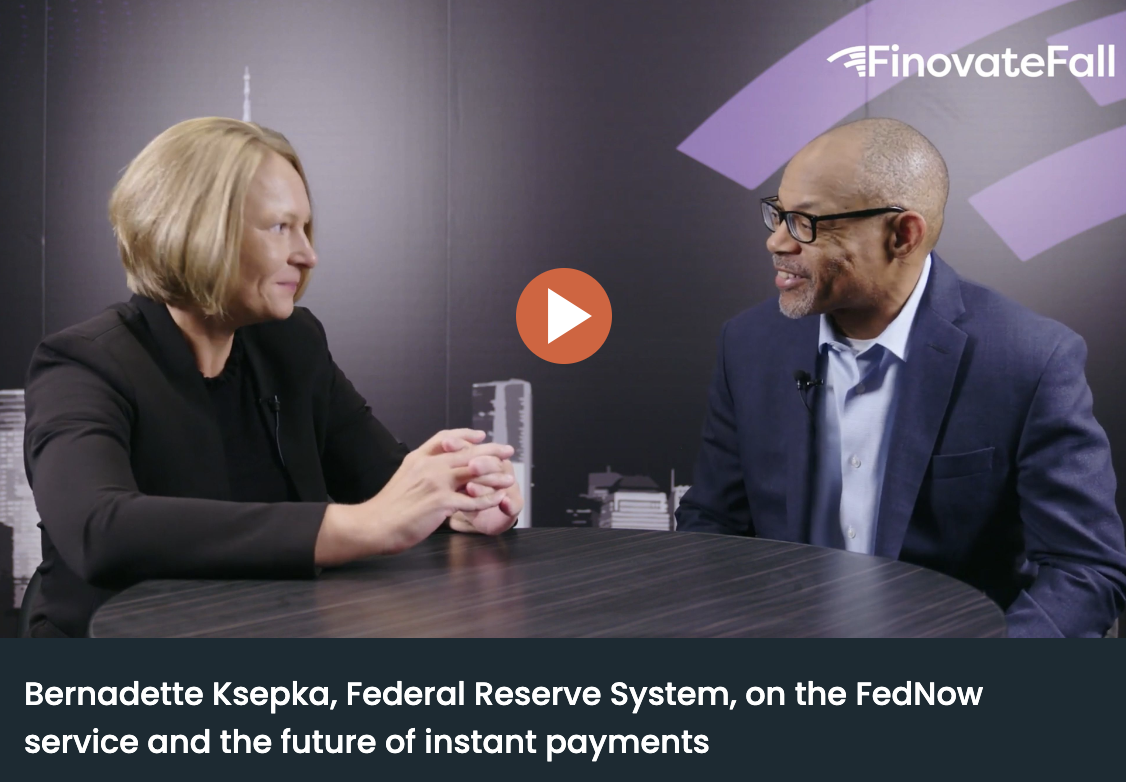
- Core banking provider Tuum and bank orchestration platform Numeral announced a new partnership this week.
- The two companies will work together to help financial institutions and fintechs launch and grow across Europe and the U.K.
- Paris, France-based Numeral made its Finovate debut this spring at FinovateEurope in London.
A strategic partnership between core banking provider Tuum and bank orchestration platform Numeral is designed to help both financial institutions and fintechs to launch and grow across Europe and the U.K. The combination of Numeral’s bank integrations and Tuum’s modular core banking platform will enable FIs and fintechs to access a variety of European and U.K. payment schemes – including SEPA, Bacs, FPS as indirect participants via integrations with E.U. and U.K. partner banks.
This provides access to partner banks’ local virtual IBANs – or to issuing their own local IBANs. According to research from Numeral, European consumers said they were 83% more likely to use financial services that offered local IBANs instead of foreign ones. The company’s survey also noted that a quarter of respondents said that they had experienced “IBAN discrimination” when using a foreign IBAN. The partnership between Tuum and Numeral, by facilitating local IBANs, will boost consumer trust as well as combat the issue of IBAN discrimination.
In a statement, Numeral CEO Édouard Mandon underscored the importance of scale when it comes to unit economics in fintech and financial services. “Building a pan-European payment infrastructure is critical for financial services and fintech companies to access a broader market, acquire more customers and achieve profitability,” Mandon said. He highlighted the challenge of financial institutions trying to build these solutions internally and pointed to the partnership between Tuum and Numeral as a better way. “Financial services companies should be able to build systems that correspond to their specific needs from readily available building blocks,” Mandon added.
Tuum VP of Global Partnerships Jean Souto shared Mandon’s concern about the challenges FIs face when it comes to allocating scarce resources. “Establishing operations across different countries demands substantial capital and operational expense,” Souto explained. “With Tuum and Numeral’s joint proposition, companies can now harness the power of a modular core banking platform and a pan-European bank orchestration platform.”
Headquartered in Paris, France, Numeral demonstrated its technology at FinovateEurope earlier this year. At the conference, the company showed how financial institutions can leverage its technology to automatically send, receive, and reconcile SEPA payments. The company also demoed how its API platform optimizes FI payment operations by automating bank payment processing. The same month that Numeral made its Finovate debut, the firm announced that it was going live in the U.K.
Providing the payment infrastructure for European fintechs such as Swile and Spendesk, Numeral says that it is on pace to process $5.5 billion (€5 billion) in 2023. The company announced in May that it was teaming up with BNP Paribas and European Buy Now, Pay Later (BNPL) outfit Alma to automate payments to merchants.
Numeral has raised €13 million in funding. The company includes Balderton Capital and Kima Ventures among its investors.








